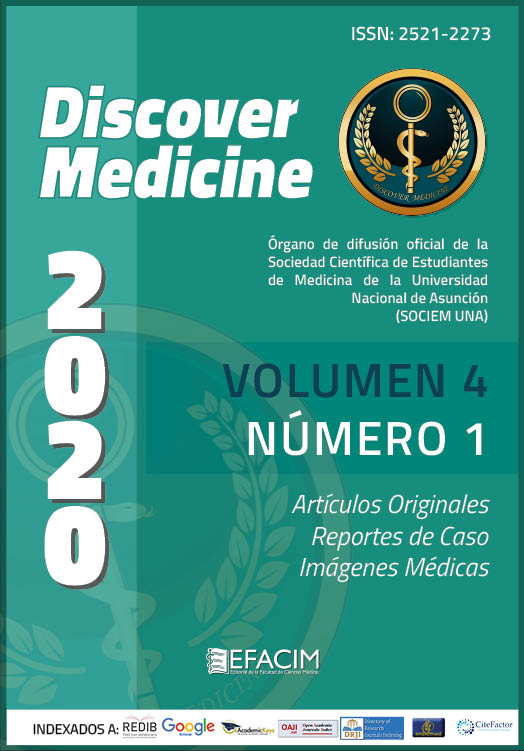Abstract
Background: Learning as such is the effect and objective of education. It encompasses the changes that occur in those who are being educated and that are a consequence of the educational influences that have a certain purpose. The objective was to determine the characterization of the learning styles of the Latin American Medicine students.
Methods: Observational analytical study, cross section, non-probabilistic for convenience. It spanned from April 1, 2019 to June 1, 2019. It was held at the facilities of 15 Latin American Medical Universities. A p <0.05 was considered significant.
Results: 540 cases were analyzed. Ages between 18 to 42 years (21.72 ± 2.95); female sex with 64.4% (348). The reflective style was the most practiced in 45.6% (246). The association of sex with learning styles showed male prevalence for active and pragmatic styles, in contrast to female sex. Age is related to active and reflective styles. Secondary academic averages and the number of attempts to enter the Medicine career do not have any relation to the learning style acquired and practiced in their academic training.
Conclusion: It is necessary to demonstrate the relevance of attention to learning styles in order to see its background and possible results in order to improve medical education and that this has an impact at the level of public health. The importance of education and learning styles in the teaching-learning process in university students at regional and local levels is pointed out. In light of these studies, it is recommended that more powerful future studies be evaluated to confirm these findings.

This work is licensed under a Creative Commons Attribution-NonCommercial-NoDerivatives 4.0 International License.
Copyright (c) 2020 Nicolás Ayala-Servín, Ana Lajarthe-Ferreira, Anthon Torres-Romero, César A. Urizar, Noelia Ruiz Diaz
